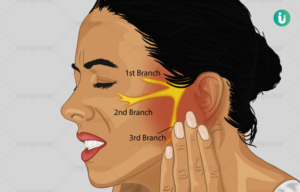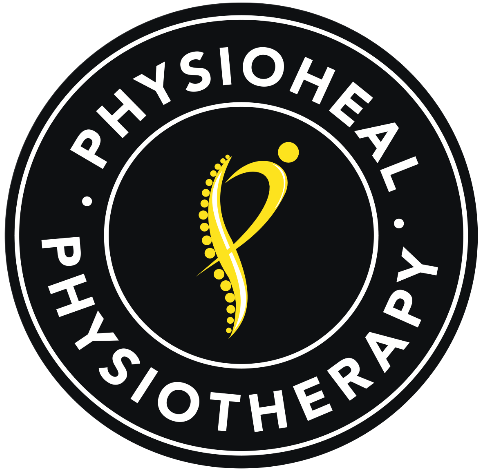We Are Open For Neuralgia Treatment in Gurgaon!
Fill the form and let us call you back.
Neuralgia Treatment at Physioheal Physiotherapy, Gurgaon
Neuralgia, characterized by nerve pain, is a condition where pain follows the path of a nerve. This discomfort can affect individuals of any age, although it’s more common in the elderly and is twice as prevalent in women compared to men. Various factors such as infections, specific medications, diabetes, and pressure on nerves caused by factors like tumors, trauma, or surgery can trigger neuralgia.

Types of Neuralgia
- Trigeminal Neuralgia: This type leads to short, intense pain episodes in the face and neck. It typically affects one side of the face, described as stabbing or burning sensations.
- Atypical Trigeminal Neuralgia: This persistent pain type is characterized by a constant ache.
- Postherpetic Neuralgia: Caused by shingles or herpes, this type of neuralgia follows an outbreak of these infections.
Symptoms of Neuralgia: Recognizing the Signs
Commonly, neuralgia symptoms are mistaken for migraines or dental issues due to fluctuating facial pain. The most prevalent forms are postherpetic neuralgia and trigeminal neuralgia. Symptoms include:
- Pain: Ranging from mild aches to crushing sensations with a heavy, burning feeling, often located around the forehead, temples, ears, jaw, eyes, teeth, and neck. Pain worsens with facial expressions, chewing, or talking.
- Sensory Changes: Increased sensitivity can manifest as tenderness, tingling, or painful responses to pressure, temperature, or vibration. Numbness along the nerve path can also be reported.
- Muscle Effects: Muscles supplied by affected nerves may spasm, feel weak, or become paralyzed. This limits daily activities and mobility.
Causes of Neuralgia: Unraveling the Triggers
Neuralgia results from pressure or inflammation affecting nerves. Disruptions can stem from various sources, including:
- Chemical irritation
- Diabetes
- Infections like shingles, syphilis, or Lyme disease
- Porphyria – metabolic disorders affecting nerves and skin
- Certain medications
- Pressure from nearby structures (e.g., blood vessels or tumors)
- Swelling and inflammation
- Trauma, including surgery
- Chronic renal insufficiency
Diagnosis and Confirmation
Diagnosing neuralgia can be challenging due to its resemblance to other conditions. Medical professionals may recommend dental examinations to rule out infections or fractures. Diagnostic tests can include blood tests for diabetes and kidney function, MRI scans, nerve conduction studies, and lumbar punctures.
Effective Treatment and Physiotherapy’s Role
Physiotherapy is a highly effective method for alleviating neuralgia symptoms and improving overall function. At Physioheal, our specialized physiotherapists offer comprehensive assessments to identify the precise cause of your neuralgia, followed by tailored treatment plans.
Physioheal’s Treatment Approach Involves:
-
- Pain modalities
- Electrical stimulation
- Hydrotherapy
- Heat therapy (pain relief)
- Stress management
- Relaxation techniques
- General stretching and strengthening exercises
- Cardiovascular exercise for improved fitness
- Lifestyle advice on diet, sleep, and rest management
- Functional activities to address daily living challenges
Your Path to Relief: Working with Physioheal
The success of your physiotherapy journey with Physioheal depends on your dedication to the prescribed activities and advice. Whether you experience severe or mild neuralgia, our expert physiotherapists are committed to reducing pain, enhancing mobility, and restoring your quality of life.
For effective and comprehensive neuralgia treatment, consult Dr. Divya Gaur at Physioheal Physiotherapy Gurgaon. Our team will closely collaborate with you to ensure a successful rehabilitation process. To book an appointment, call +91-9999259307, book online, or request a phone consultation. Rediscover comfort and mobility with Physioheal’s expert care for neuralgia relief.
